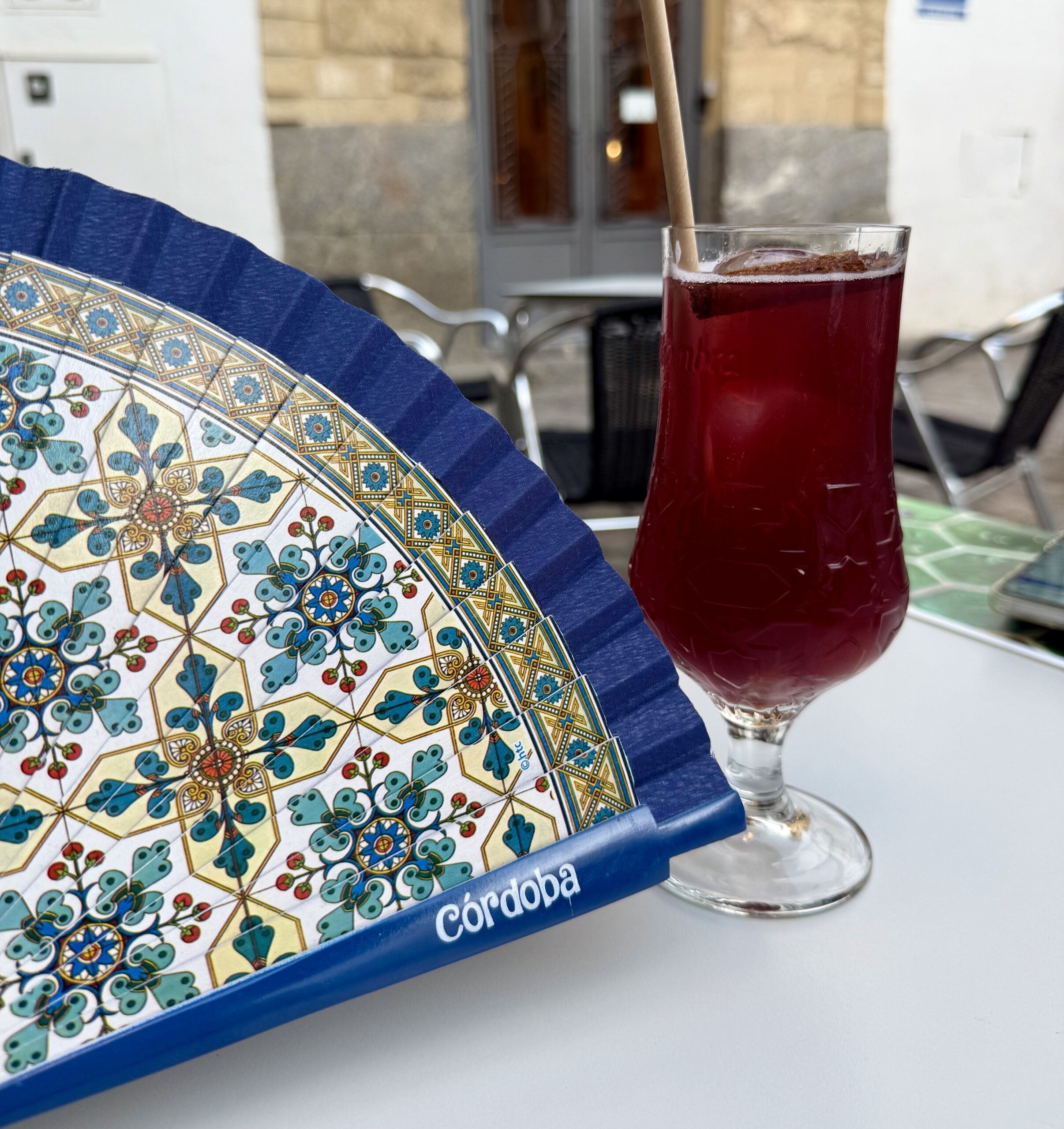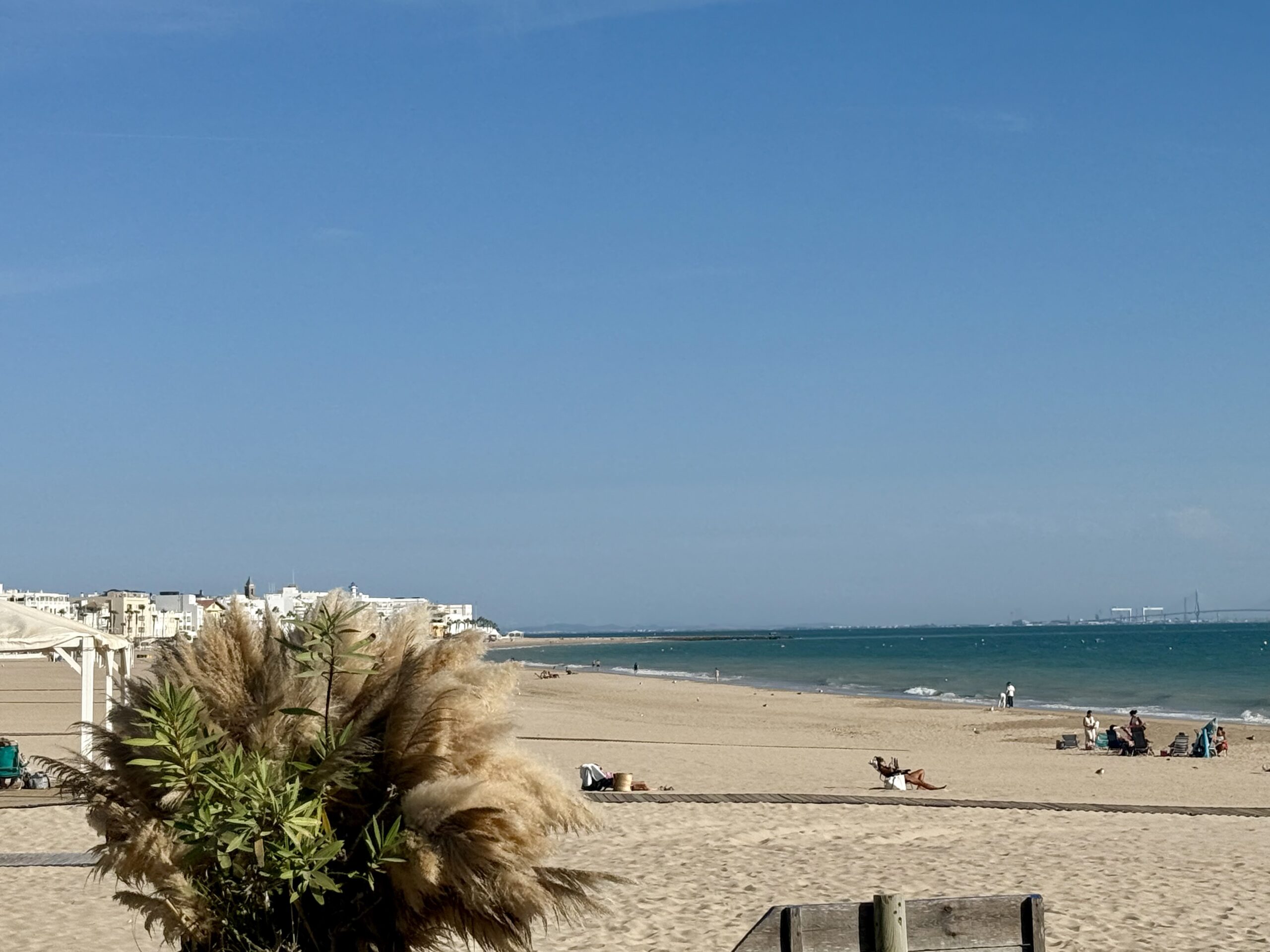
Cris de coeur
May 7, 2020
I’ve been 70 for a year now, which is perhaps a deceptive way of saying I’m now 71. Actually, I’ve been 71 for almost two months. Which, of course, is an offhand way of saying I’m going on 72.
Except for a body that progressively doesn’t move when my brain says to move, I still don’t feel any different than when I was six or 12, 22, 42 or currently, going on 72. I’m not sure whether that’s good or not. On the one hand it suggests I still think and feel young. On the other, I had never really amounted to much at any of those earlier ages, so there’s that to consider as well.
From an early age we’re entreated to “amount to something.” Crucially, it’s never explained what the “something” is. The benchmarks all seem to revolve around education’s grading system. A’s and B’s strongly suggested that you were on your way to amounting to something, C’s and D’s not so much. At some point though – it may be at 22 or 42 – it dawns on you that what the grading system was suggesting was merely that you were either good or not good at getting A’s and B’s. That “something” we were supposed to amount to remained elusive, as it seemed that no matter where we were in life, we were still more or less getting up and doing what we’d been getting up and doing all along.
Another phrase that follows your life like a brooding echo is “if I had it to do all over again…” Usually the phrase is completed with “knowing what I know now.” The assumption is that “life knowledge” would have steered us in a different direction, presumably dovetailing with that “amounting to something” spectre from the past, but certainly meaning you’d be in a different place than where you found yourself.
It takes a pandemic, perhaps, to teach us how simple life really is after all. It’s so simple in fact that something as infinitesimal as a virus that is not even a living thing itself, suddenly has the potential to wipe out everyone in more or less the blink of an eye. It has the effect of putting “amounting to something,” and “having it to do all over again” into a new perspective: survive. Life is quite precarious, you realize, something so fragile that simply living is equivalent to “amounting to something,” and that “having it to do all over again” feels more like spinning a wheel in a board game that never changes no matter how many times you start the game over.
“At some point though – it may be at 22 or 42 – it dawns on you that what the grading system was suggesting was merely that you were either good or not good at getting A’s and B’s.”
When a pandemic reduces life to a simple matter of living or dying, you have an opportunity to see how simple life really is, and how pointless and foolish it is to complicate it all for the sake of “amounting to something.” And when the aggregate activity of 7 billion people trying to amount to something collapses right before your eyes, you clearly see an opportunity to live completely differently than you had lived before. “If I had it to do all over again…” is suddenly front and center.
And therein lies the miracle of going on 72, but feeling like 22: you can do it differently than you did the first time around. Like starting the game all over again, even knowing it might not and probably won’t turn out any different the second time around. But the point is, it just might.
Wealth breeds rot. We’ve watched it every day from the White House podium. The pandemic is the planet’s cris de coeur to us to please fix it.



Be the first to comment